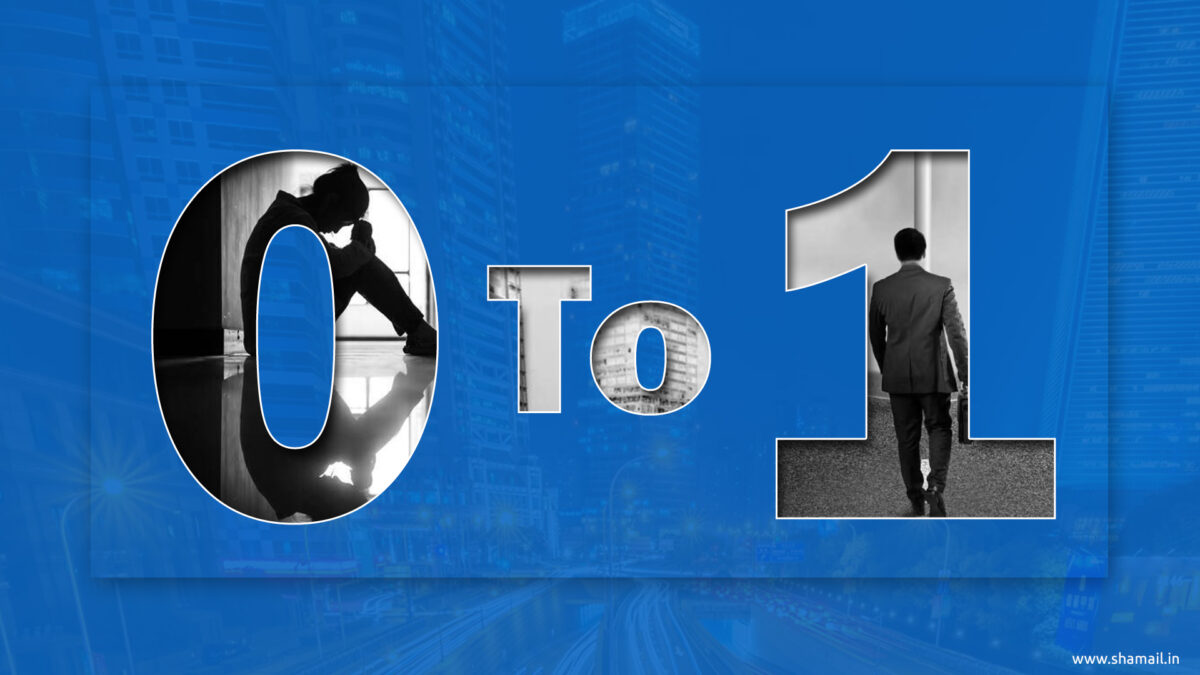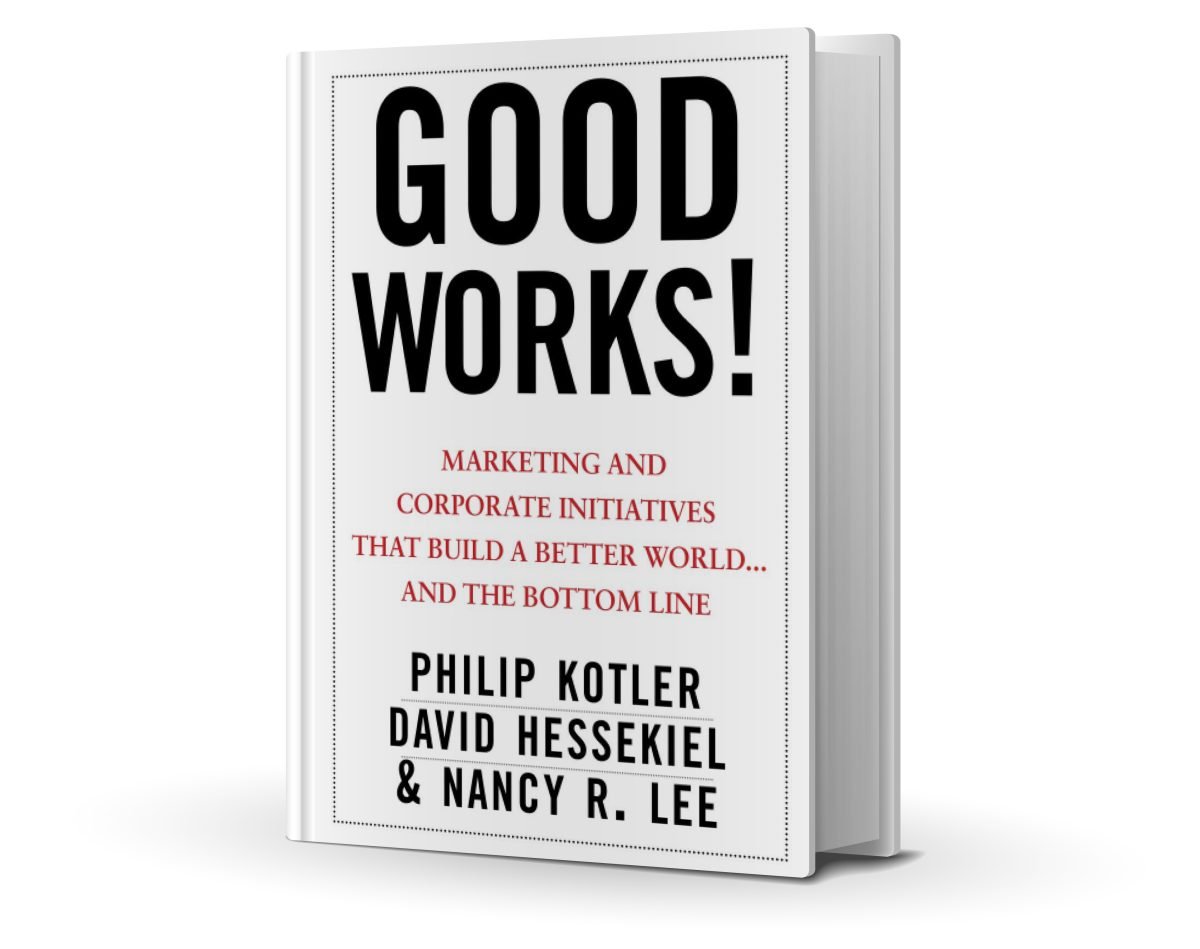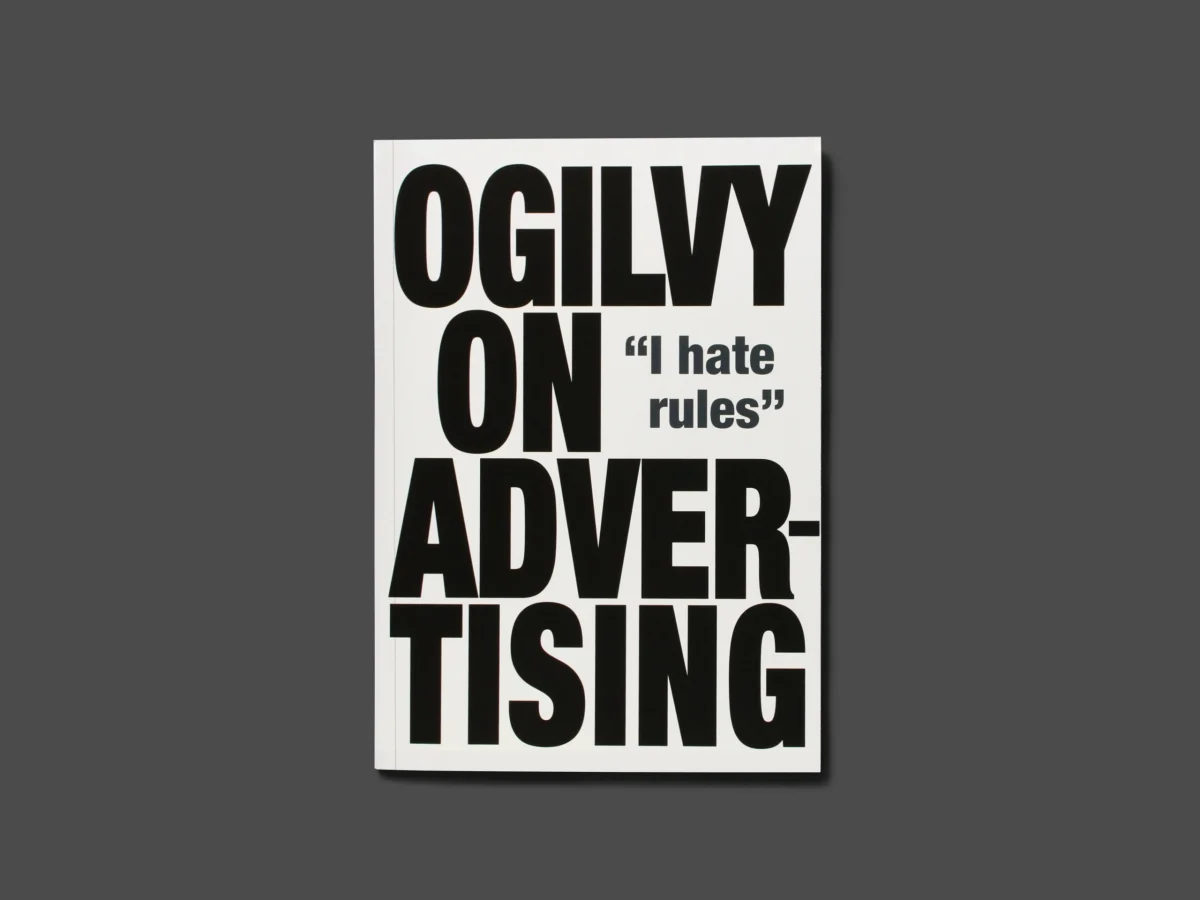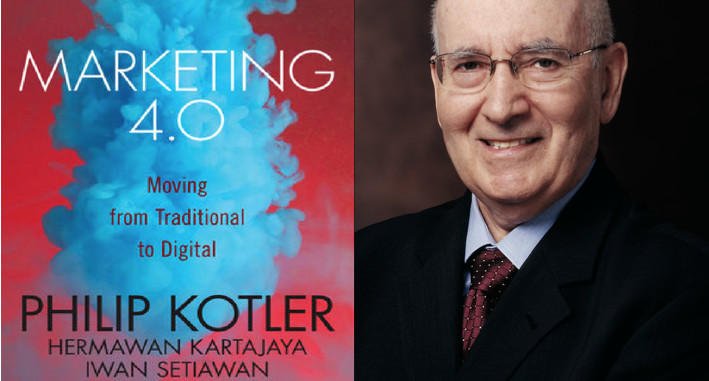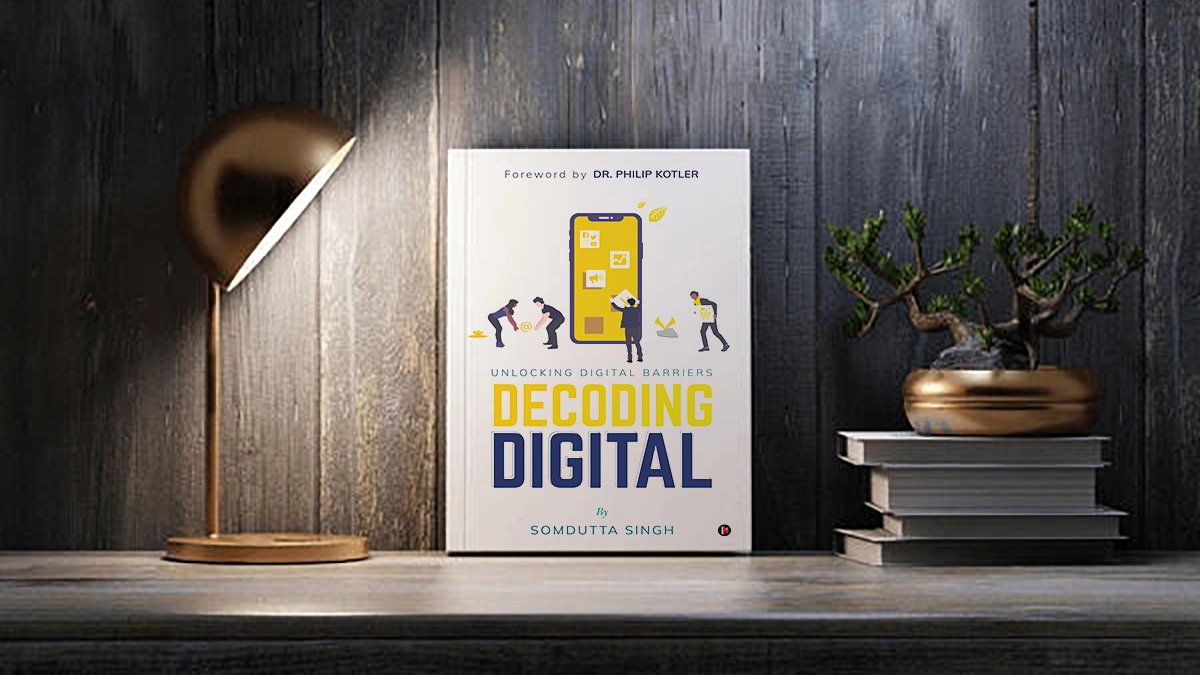In Zero to One: Notes on Startups, or How to Build the Future, Peter Thiel—co-founder of PayPal and Palantir—offers one of the most provocative takes on innovation and entrepreneurship in the modern era. Co-written with Blake Masters, the book challenges mainstream startup mantras and urges founders to build boldly, think differently, and plan deliberately.
Reading through this book is like being handed a flashlight in a dark room filled with conventional startup advice. Based on my highlights from the book, here are the most resonant insights that Zero to One brings to light.
1. A Startup Is More Than a Small Company—It’s a Bold Thought Experiment
Thiel defines a startup not just by its size or its funding stage, but by its mindset. It’s “the largest group of people you can convince of a plan to build a different future.” At its heart, a startup is a mission. Its strength lies not just in being lean or fast, but in having space to think differently.
“A new company’s most important strength is new thinking: even more important than nimbleness.”
2. Planning Isn’t Arrogance—it’s Power
In a world obsessed with iteration and MVPs, Thiel delivers a contrarian blow: planning isn’t outdated—it’s essential. The glorified lean-startup model, he argues, often results in businesses that wander aimlessly, mistaking motion for progress. Citing Steve Jobs and Tesla, he argues that the best innovations emerge from definite thinking, not endless A/B testing.
“A bad plan is better than no plan.”
“Forget ‘minimum viable products’… Jobs saw you can change the world through careful planning.”
3. Don’t Compete. Monopolize.
Rather than entering crowded markets and trying to outprice or out-market competitors, Thiel advises entrepreneurs to build monopolies. These are companies so good at what they do that no one else can offer a close substitute. To do this, startups must deliberately carve out small markets they can dominate, then scale gradually.
“If you want to create and capture lasting value, don’t build an undifferentiated commodity business.”
“The perfect target market for a startup is a small group of particular people served by few or no competitors.”
4. Boldness is Safer Than Triviality
Many of Thiel’s principles challenge startup dogma. He argues it’s riskier to build something small and forgettable than to aim for something ambitious. In his view, viral growth, proprietary technology, and network effects are ingredients for sustainable businesses—not lean tweaks or me-too features.
“It is better to risk boldness than triviality.”
“Competitive markets destroy profits.”
5. Secrets Are Opportunities Hidden in Plain Sight
Thiel believes that valuable startup ideas are like secrets—truths few people see or understand yet. Uber and PayPal succeeded not because they invented entirely new concepts, but because they noticed gaps in existing systems and filled them cleverly. True innovation lies in recognizing these overlooked insights and acting on them before others catch on.
“Only by believing in and looking for secrets could you see beyond the convention to an opportunity hidden in plain sight.”
6. Sales Is Not a Dirty Word—It’s a Hidden Engine
While many tech founders focus on engineering and product perfection, Thiel reminds us that sales and distribution matter just as much. The best sales, he notes, are often invisible—embedded into the product, the brand, or the founder’s persona.
“Sales matters just as much as product.”
“The best sales is hidden.”
7. Technology Should Empower, Not Replace Humans
In an era of automation anxiety, Zero to One offers a refreshing view: technology doesn’t need to eliminate human input—it should amplify it. From Palantir to Tesla, Thiel champions human–machine collaboration over cold automation.
“The most valuable businesses of coming decades will be built by entrepreneurs who seek to empower people rather than try to make them obsolete.”
“Computers are tools, not rivals.”
8. The Power of Brand, Identity, and Integration
One of the most compelling highlights revolves around Tesla—not just as a car company, but as a symbol of deep integration. Thiel points out that Tesla didn’t win because of any single component but because of its ability to seamlessly combine them into one compelling, branded experience.
“Tesla’s greatest technological achievement isn’t any single part, but rather its ability to integrate many components into one superior product.”
Final Thoughts: From Zero to One—With Intention
Zero to One is not just a guide for building startups—it’s a call to rebuild how we think about the future. It’s a book that urges you to think independently, act deliberately, and avoid the noise of competitive, incremental thinking.
In a sea of sameness, Peter Thiel makes a case for planning, monopolizing, and dreaming boldly. And through your highlights, it’s clear this message stuck: the future belongs not to those who iterate endlessly, but to those with the courage to build the first version of something truly new.
Note to Readers:
This article is based on my personal Kindle highlights from Zero to One by Peter Thiel with Blake Masters. The insights shared here reflect the ideas that resonated most with me during my reading. However, the book itself contains much more depth, nuance, and context than what can be captured in a single article.
I highly encourage you to read Zero to One in its entirety to fully experience its bold perspectives, compelling stories, and unconventional wisdom. Whether you’re an entrepreneur, investor, or someone curious about building the future, this book is a thought-provoking guide that challenges how we think about innovation and progress.
